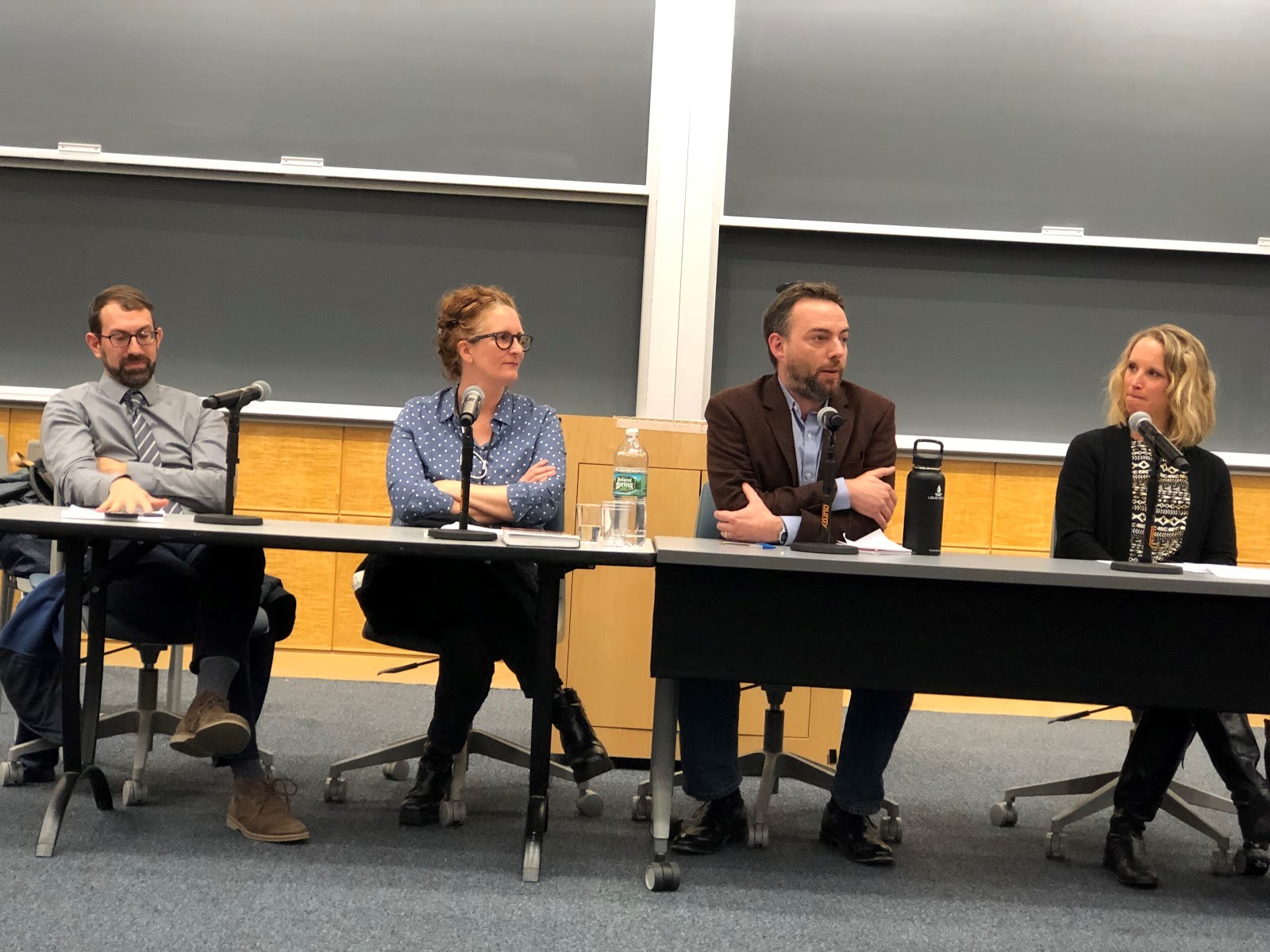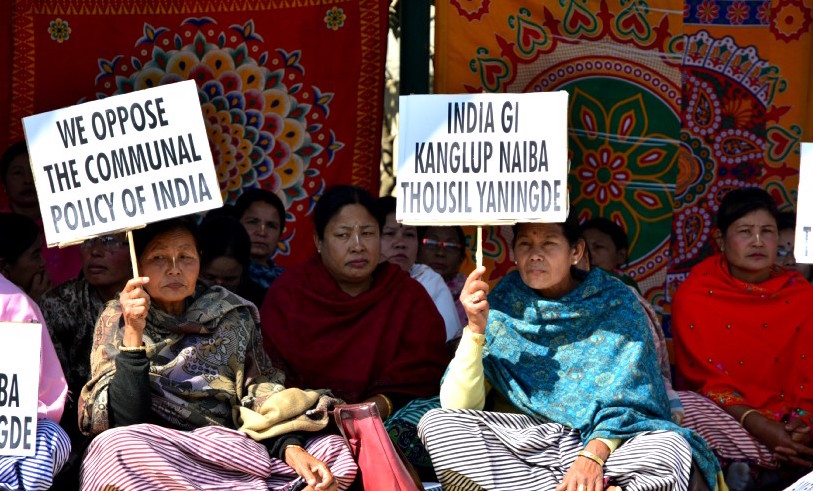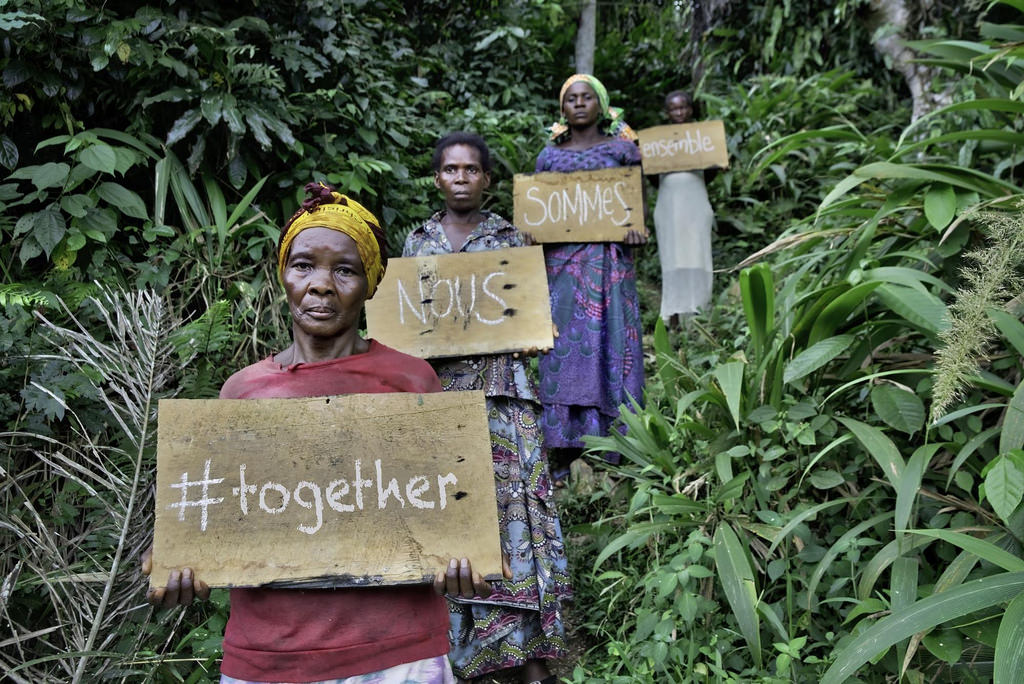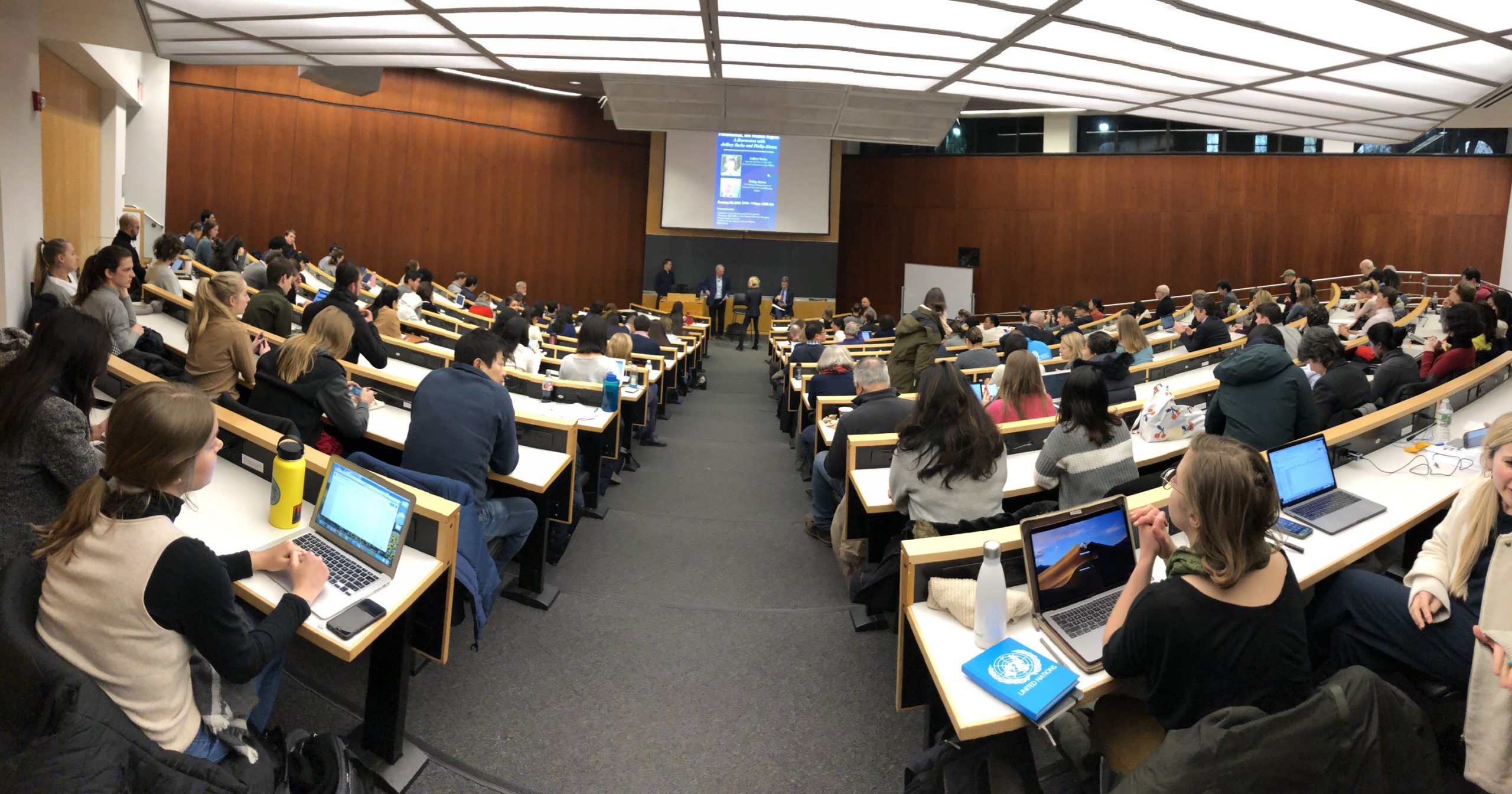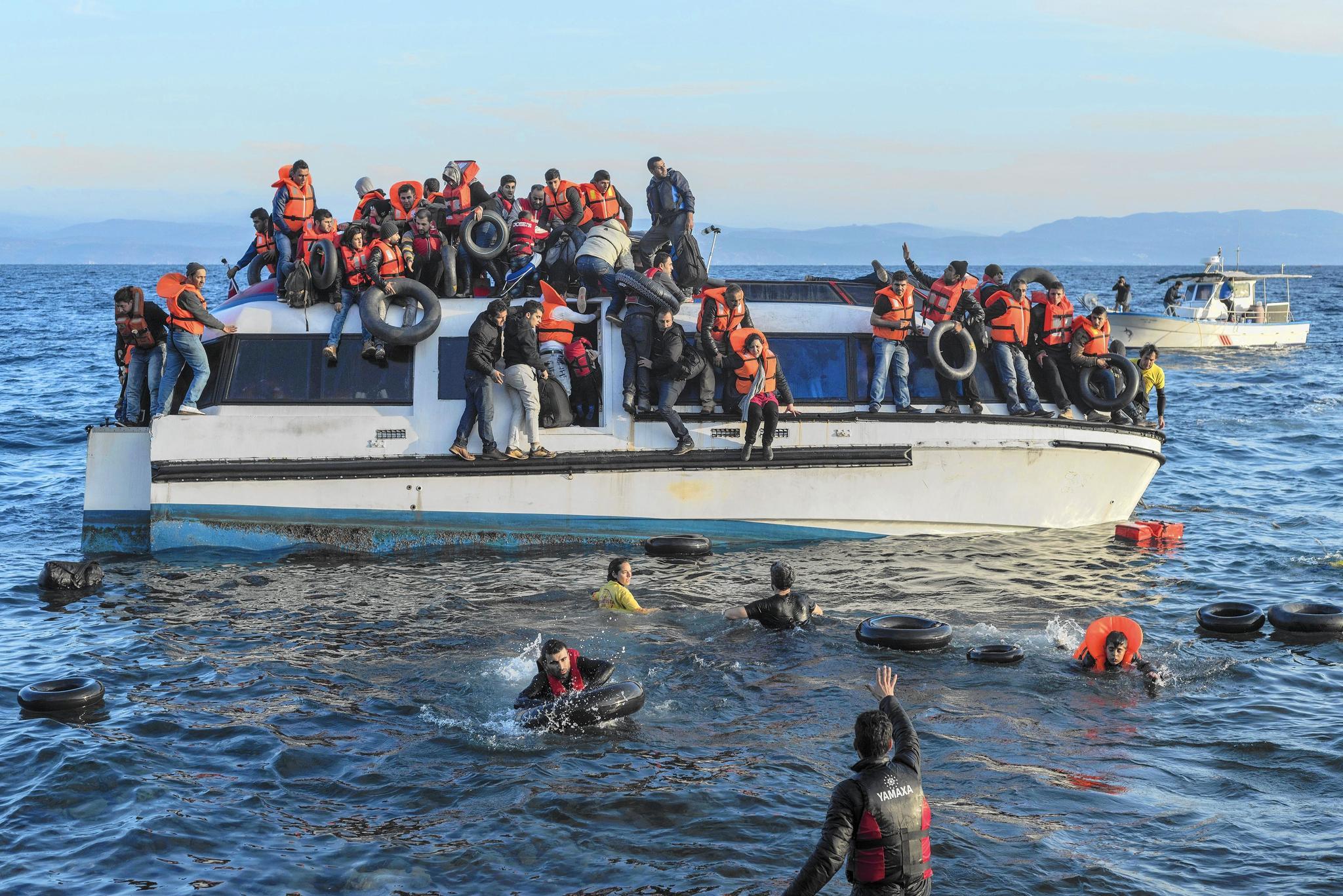The month of March is over, but the struggle for women’s rights in Honduras persists
While Women’s History Month has come to an end, women around the world work every day of the year to have their rights recognized. As such, it is both crucial and necessary to remember this continued struggle beyond thirty days of the year.
During the month of March, Honduran women commemorated the life of Berta Cáceres, as March 2nd marked the three year anniversary of her murder. Cáceres was an indigenous activist who was one of the most prominent human rights and environmental rights figures in Honduras. Honduran women also protested on March 8th, as part of a larger feminist movement around the world. During these protests, some women were met with force from police officers.
Marcela Arias, a lawyer from the Center for the Rights of Women (CDM) in Honduras is an expert on the current situation of women’s rights in Honduras. She has indicated that “While Honduras is a country that has ratified many international and regional conventions...




